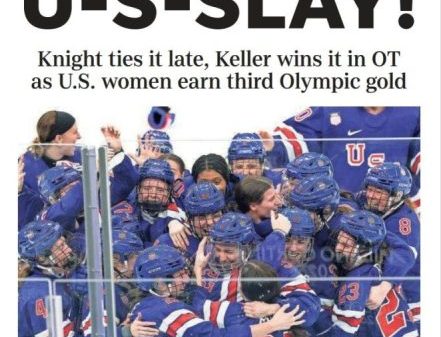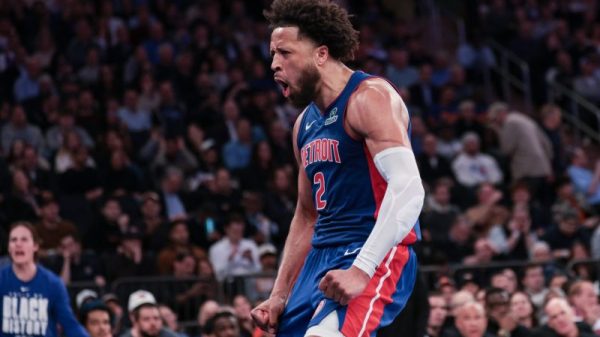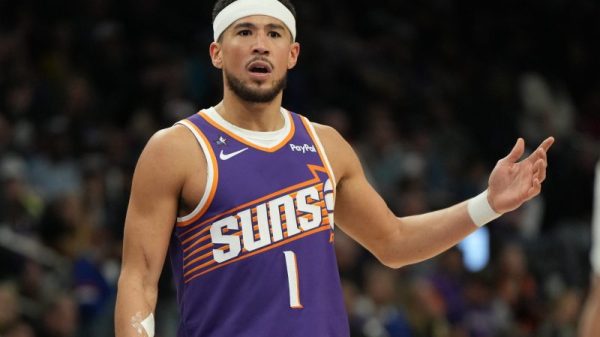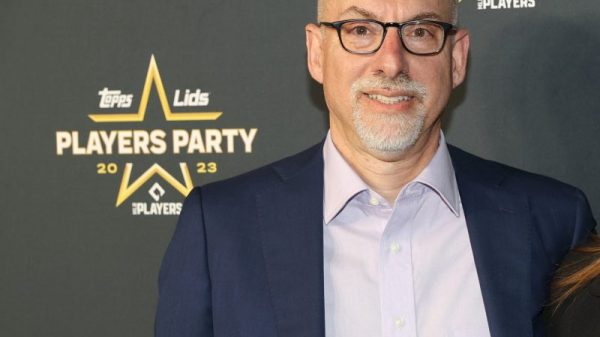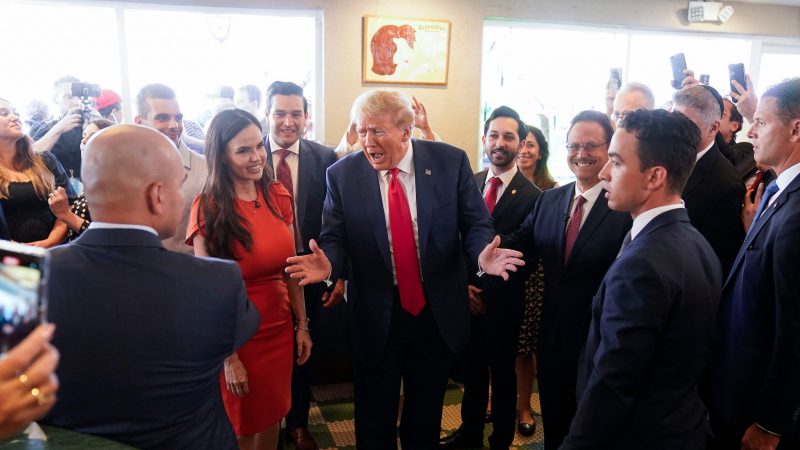Upon being released from the custody of federal law enforcement in Miami earlier this week, Donald Trump didn’t slink off to his motorcade for his trip to the airport. Instead, he took advantage of the media attention surrounding the first federal arraignment of a former president and dragged the extended gaggle of cameras and reporters to a local Cuban restaurant. Any event can be a campaign event if you want it badly enough, and Trump wants it badly.
He walked into the bakery at Versailles restaurant and made his way through a crowd of supporters. Some crowded in to pray for him. Others wished him a happy birthday. And Trump, of course, did what he came to do, promising “food for everyone!” to the approval of those in the room.
And then a few minutes later, after posing for photos and engaging in cursory conversations with well-wishers, Trump left. According to a report in the Miami New Times, his promise of “food for everyone” wasn’t necessarily inaccurate, it was just that Trump didn’t pay for it. He came in, made a big promise in front of the cameras and then brought the cameras out with him.
That, right there, is Trumpian politics, distilled.
Reviewing the coverage of the stop after that report, one notices that Trump never even really approaches the counter. He walks in, mills around in the crowd and then departs. One could theorize that maybe a staffer had gone over and offered up a credit card, but then you realize this doesn’t make sense. The people who were already there eating have already paid; that doesn’t do them any good. Anyone in line would theoretically have had to order and let the staffer hand over a card. Or the staffer would have had to buy a bunch of pastries and coffees and handed them out, also weird. The concept doesn’t really make sense.
The incident prompted me to revisit a similar encounter from February, when Trump visited East Palestine, Ohio, the site of a train derailment. In addition to bringing pallets of (Trump-branded) water for residents, he stopped by a McDonald’s restaurant in town.
In that visit, Trump entered and made his way to the counter, answering media questions along the way. He greeted the staff, telling them he probably knew the menu better than they did. Then, speaking to the woman at the register, he said, “we’re gonna take care of the fire department, we’re gonna take care of the police department, and what we do is, all the people that are eating here right now—” before being interrupted by the owner.
“Knock it out fast for us,” Trump asked, since “we’ll be eating it on the plane back.” But … eating what? He didn’t order anything. The woman didn’t touch the register. Never mind that, again, the people already eating had already paid. He later asked the staff to “give us a nice array of stuff” and to “take care of the people.” Then he passed out some hats and left.
Called on Friday morning, the manager of that store declined to answer questions. Various sites ran with claims that Trump had “handed out Big Macs” or departed with “cases of them,” but there doesn’t appear to be any recorded evidence of that. What he did do in the store was hand out campaign merch.
Again, maybe a staffer sidled up to the counter after the fact and put in an actual order and paid an actual bill. If so, that payment wasn’t recorded by Trump’s campaign; his campaign filings don’t indicate any spending at a McDonald’s in Ohio. If the argument is that this seemingly unseen food was an act of charity on Trump’s part, that a dozen people in the restaurant ended up with new (and, Trump insisted, expensive) MAGA hats is worth noting.
After the Miami New Times story about Trump’s failure to buy food at Versailles, a number of people pointed to Trump’s well-established habit of not paying his bills. In 2016, USA Today reported that hundreds of workers and vendors said they’d been stiffed by Trump at various points over the years. On the campaign trail in 2020, old bills from his days running Atlantic City casinos made headlines. Even after he left office, his social-media company, Truth Social, was accused of behaving similarly.
But that’s not really a useful analogy. Instead, it’s useful to consider the food-buying promises in the context of Trump’s approach to politics.
Trump’s pre-politics career was as a salesman. And not just any salesman: a salesman of real estate in New York City. He spent decades telling people what they wanted to hear to close a deal. That skill worked well when he ran for president; he could pledge that he’d do any number of things, getting a lift from the promises and then understanding that later efforts to hold him accountable for those pledges wouldn’t garner as much attention. After all, it was easy enough to simply overlay another promise on top of it, kiting pledges until the election was over.
As president, he became well-known for promising that everything would be delivered in “two weeks.” Health-care reform was the signature example. In 2019, I counted at least 30 promises for when an Obamacare overhaul would arrive. After he contracted covid-19 in October 2020, he made one of his grimmest pledges: that he’d benefited from a “cure” to the disease that would be provided free to patients very soon. It wasn’t.
That’s the tradition into which the Versailles trip fits. Trump wasn’t stiffing anybody in Miami, really, since there was nothing to buy. Instead, it was Trump using a pledge of delivering something people wanted that ended up simply not happening. But — as was even more the case in East Palestine — he got the boost of positive press for the promise.
JM Rieger contributed to this report.







